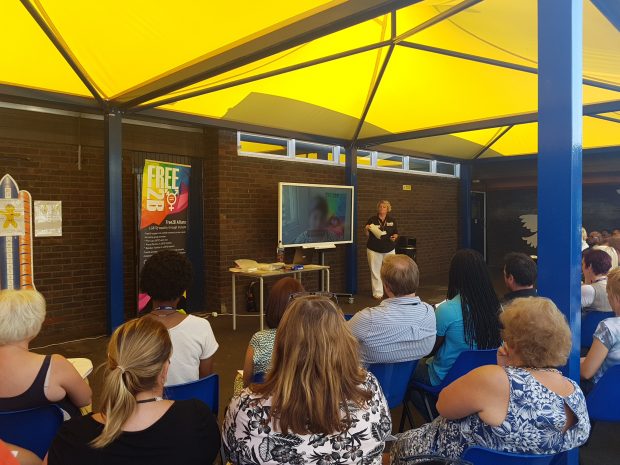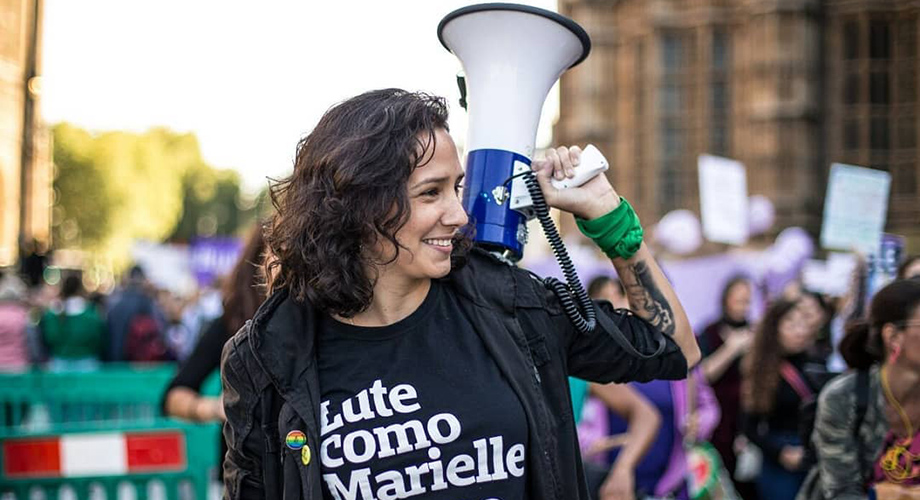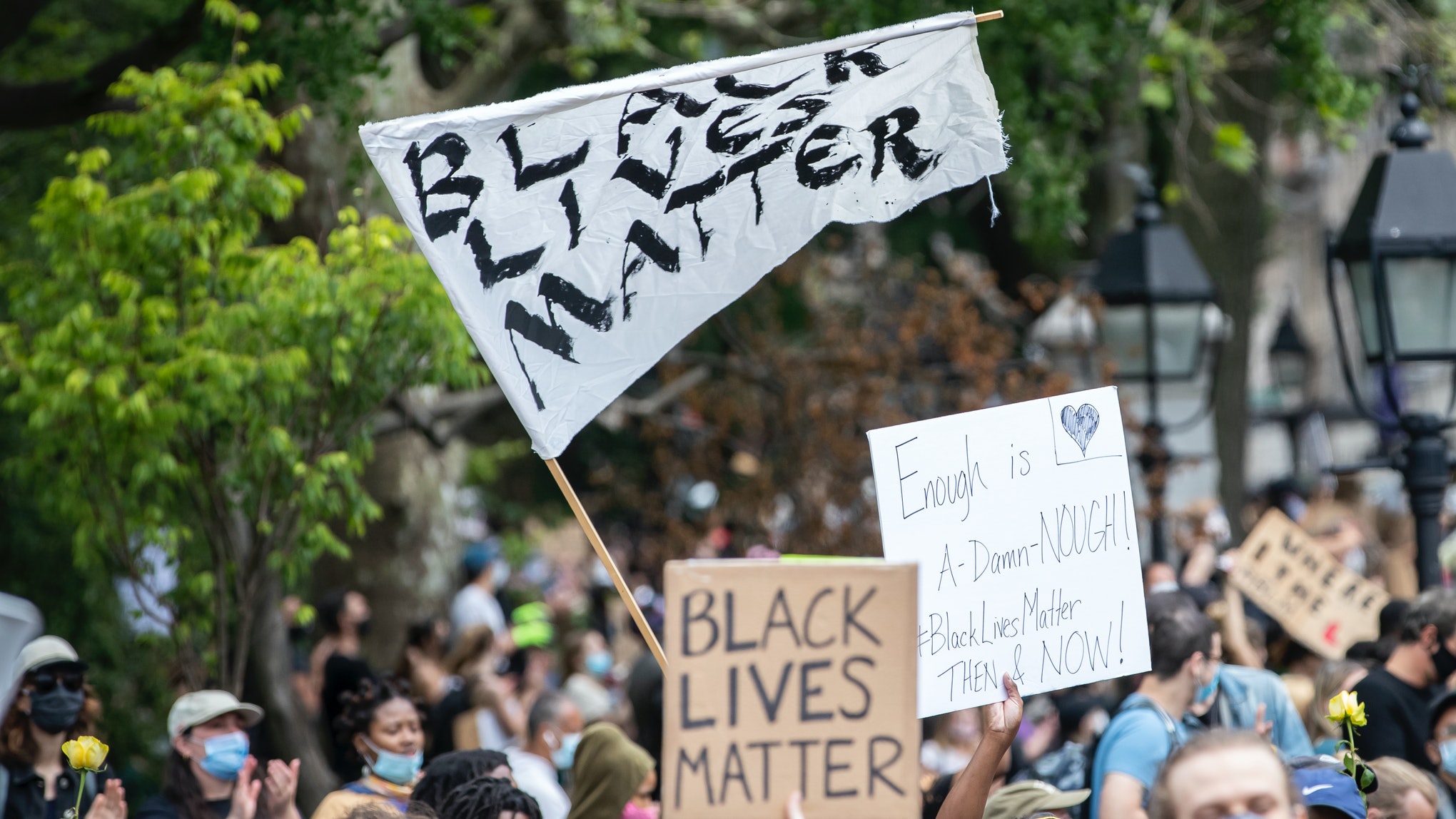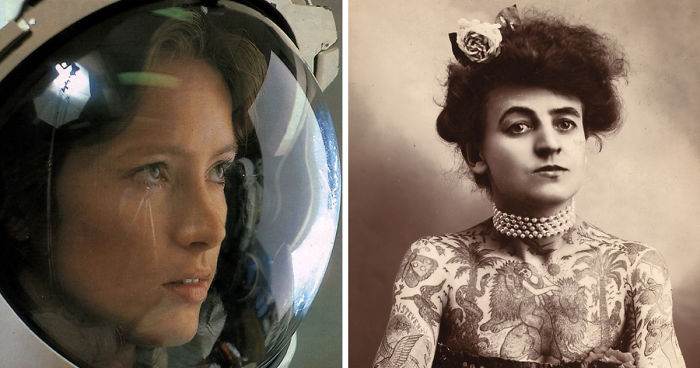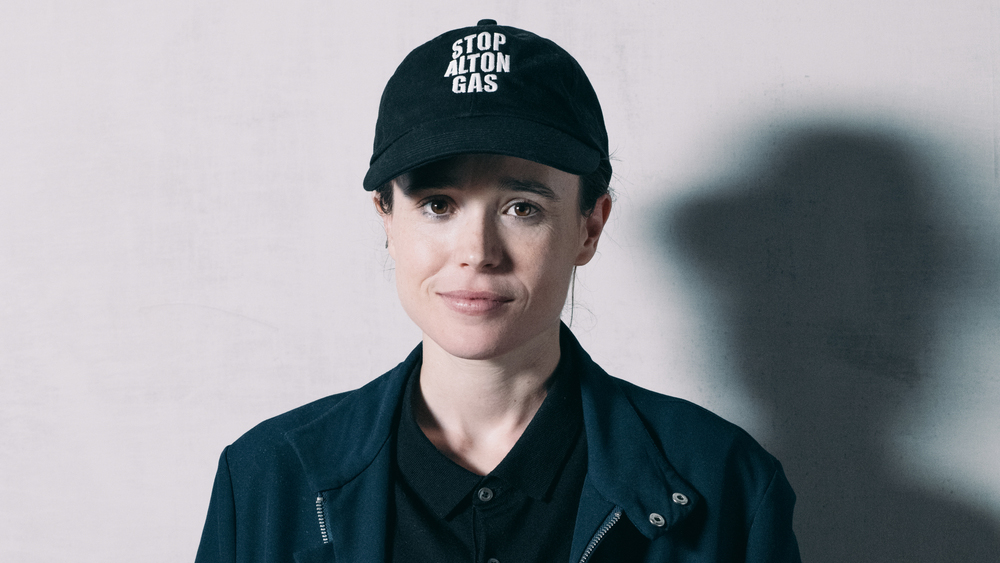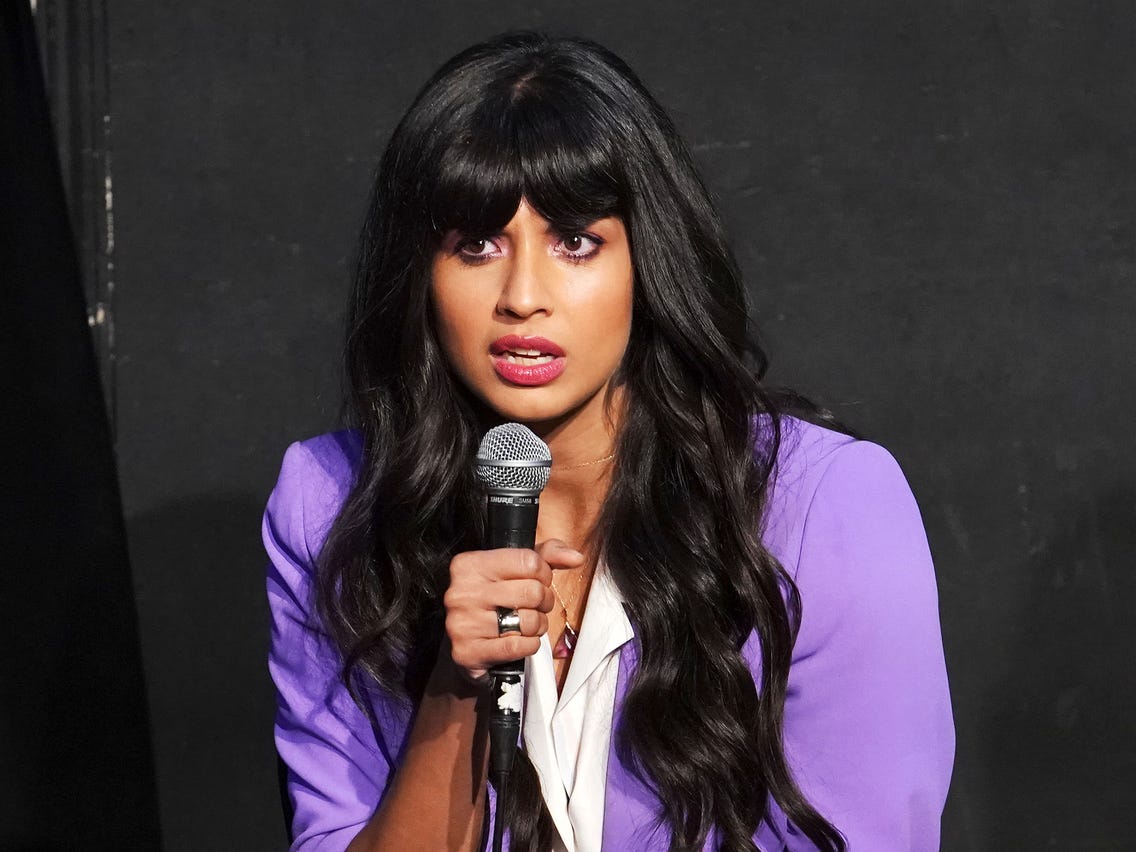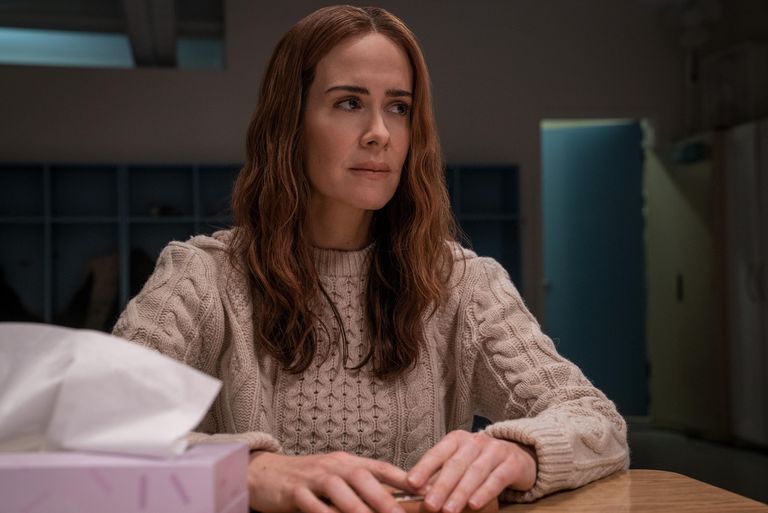Despite a surge in gay marriage wins across America, acceptance of the LGBT community still needs much more work to ensure the safety and acceptance of LGBT Americans in their communities, workplaces, and families.
According to a new Accelerating Acceptance survey released by GLAAD, one-third of respondents were uncomfortable attending a same-sex wedding (34 percent), seeing a gay couple hold hands (36 percent) or learning their doctor is LGBT (31 percent). Harris Poll conducted the online survey in 2014 of 4,000 Americans who indicted they were heterosexual.
“Closing the gap to full acceptance of LGBT people will not come from legislation or judicial decisions alone, but from a deeper understanding and empathy from Americans themselves. Accelerating acceptance will require the help of not just LGBT people, but also their allies – everyday Americans who feel strongly and take an active role to make sure that their LGBT friends and family are fully accepted members of society.”
Sarah Kate Ellis, the CEO and President of GLAAD
Marriage and Same-Sex Relationships
While a majority of the public supports equal marriage protections, there remain large numbers of straight, non-transgender adults that still have a significant degree of discomfort surrounding actual weddings for same-sex couples. One-third (34%) say they would be uncomfortable attending the wedding of a same-sex couple, with 22% saying they would feel very uncomfortable. A substantially larger group (43%) responds they would be uncomfortable bringing a child to the wedding of a same-sex couple.
Beyond weddings for same-sex couples, the survey reveals that many are still uncomfortable simply seeing and interacting with same-sex couples. A third of non-LGBT Americans (36%) say that just seeing a same-sex couple holding hands makes them uncomfortable.
The survey also evidenced resistance to LGBT parents by other parents in their community. Many straight, non-transgender parents say they would be uncomfortable with their child playing at a home with an LGBT parent – 40% for a transgender parent, 29% for a gay dad and 28% for a lesbian mom.

A fifth to nearly a third of non-LGBT Americans are uncomfortable with common situations involving LGBT people. These range from simple things like having an LGBT person move in next door to more personal situations such as learning that a family member is LGBT.
Acceptance of the transgender community faces more resistance than does acceptance of the rest of the LGBT community. Most notably, a majority of non-LGBT Americans (59%) say they would be uncomfortable if they learned their child was dating a transgender person. More than a quarter (31%) say this would make them “very uncomfortable.”
Being on a sports team with a transgender person still makes large numbers of non-LGBT Americans uncomfortable. Roughly equal numbers report discomfort with being on the same team as a transgender woman (32%) and a transgender man (31%). These numbers are higher than the reports of discomfort with being on a sports team with a gay man (26%) or lesbian (20%).
Further demonstrating the importance of cultivating more allies, those who know LGBT people display substantially lower levels of discomfort –30% are uncomfortable seeing a same-sex couple hold hands among those who have LGBT family members, while that number drops to 25% among those with an LGBT coworker and 17% among those with a close LGBT friend. On the flip side, almost half (47%) of those who don’t know any LGBT people say seeing a same-sex couple holding hands makes them uncomfortable. Clearly, a connection exists between familiarity and acceptance.


